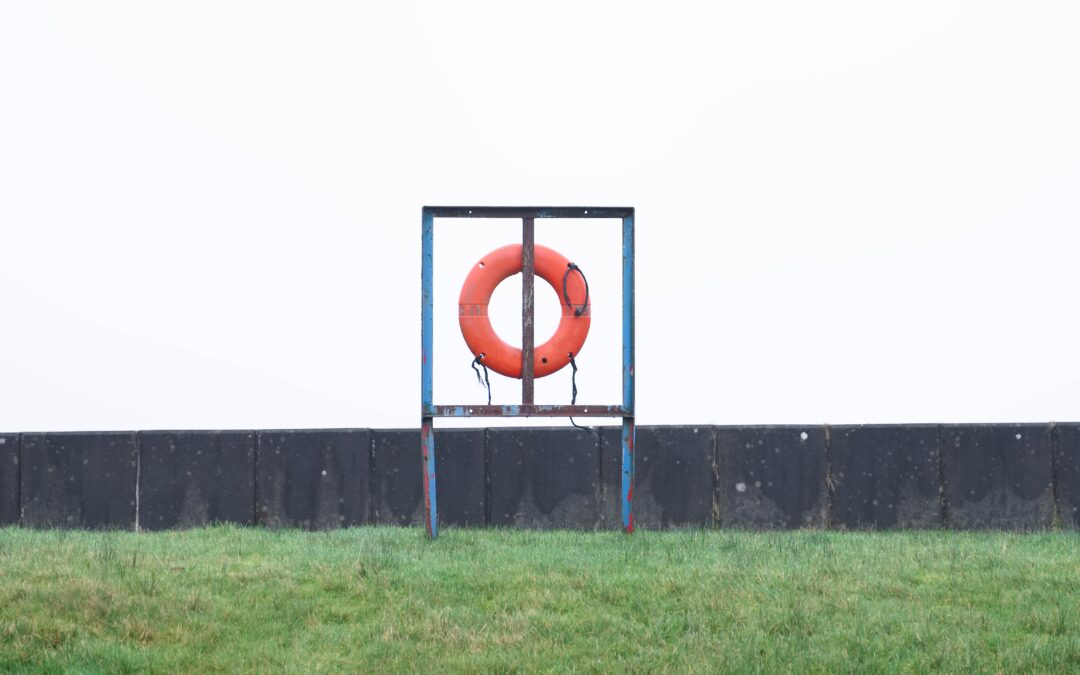Philanthropic foundations and their donors have the freedom to direct their donations and social investments in any way they see fit. There is tremendous power in this freedom: it gives them the ability to take risks and support projects, issues, and organizations that others cannot or will not. To achieve their missions, foundations can take risks with both their financial capital and their unique ability to convene people together. Through engaged learning and candid conversation, convenings can spark new insights and partnerships that lead to coordinated and clearly communicated effective action.
Why Convening?
Through my experience working with Salzburg Global Seminar and other nonprofits and foundations globally, I have witnessed firsthand the value of convening. Convening creates connections, sometimes in new or unexpected ways, when participants are focused on a specific topic or goal. It also provides opportunities to meeting others in unplanned ways, and often those unintended connections add greater value than many of our planned one-on-one meetings. Investing in convening can sometimes be misconstrued as navel-gazing when there are serious challenges right outside a foundation’s doors, and there is danger in waiting too long to gather all the facts and opinions before making a decision. But foundations are unique in that they can exert their power to bring people together from across places, sectors, and generations to develop thoughtful solutions and foster meaningful collaboration.
Foundations, with their networks in communities, accumulated knowledge among program staff, executive directors, and board members, can convene stakeholders that can augment grants and social investments that increase their effectiveness. Investing in convening, with the long-term view that foundations have, can lead to meaningful action and decisions. It can increase buy-in and generate the kind of insights and contacts that provide returns for many years beyond the initial convening.
Non-transactional exchange
Foundations are fortunate to be in a position to be able to be non-transactional in their relationships. What I mean is that foundations do not need something back from a participant or grantee; they do not need money or marketing, or anything else that would be construed as a transaction. This allows for the ability to facilitate open and honest conversations without concern for what may need to be exchanged.
I have seen this kind of non-transactional exchange take place often in Salzburg Global Seminar programs. We convene programs across a broad range of global issues including education, environment, health, global finance, and philanthropy. Encouraging fresh perspectives and new partnerships, Salzburg Global programs help bridge divides across sectors and expand collaboration to transform systems. When we hosted the first program in the summer of 1947, 97 participants from 18 countries sought to heal the deep divisions left by two World Wars. Since then, we have convened more than 37,000 Fellows from over 170 countries. In the face of rising inequality, populism, anti-immigrant sentiments, religious divisions, ethnic conflicts, and geopolitical rivalries, finding the space and means to bridge divides has never been more important. Salzburg Global Seminar encourages all participants to shed their institutional personas at the Schloss gates and engage in candid dialogue. By bridging divides in this non-transactional setting, current and future leaders are better situated to break down silos in their own organizations and communities, respect other perspectives, be more open to collaboration, adopt new ways of thinking, and ultimately shape a better world. For example, earlier this year, participants at the December 2018 seminar on Social and Emotional Learning (SEL) planted the seeds for a new organization named Karanga focused on a global alliance of people working on how to scale SEL practices globally, sharing ways to help children and youth flourish, and providing greater and more equitable access to SEL globally.
Being part of Salzburg Global Seminar has also given me insights into how foundations are stepping up in the ways they support their grantees through thoughtful and strategic convenings.
For example, I recently worked with a large foundation in the Midwest to bring select foundation staff to Salzburg, Austria for one our programs. This meant ensuring that participants had everything they needed with regards to travel logistics and meeting arrangements, and in some cases, it meant helping them apply for their first passport to travel. We also ensured their travel times were reasonable, and that rural residents did not have to drive four hours to the nearest large metropolitan airport. Instead, when possible, the foundation provided additional support to pay for a more expensive flight out of a smaller town airport with reasonable connections. This level of care and consideration for their experience, without great regard to cost, is something that foundations are distinctly positioned to do.
Not the typical voices
All of Salzburg Global’s programs actively welcome vital voices that are not typically heard or are underappreciated on a particular topic or issue. Katrina Scotto di Carlo, a member of the City of Portland’s Socially Responsible Investments Committee, considered herself somewhat of an outsider at the Salzburg Global Corporate Governance Forum, where most of the participants were corporate board directors and lawyers. But after the three-day program, she recognized the value of Salzburg Global’s approach: “The Schloss holds sacred space where the ‘us/them’ paradigm is checked at the door in favor of open curiosity and the free exchange of ideas. It’s a place of refuge where the intellect can be in unfettered service to the greater good.”
In a recent New York Times article featuring Salzburg Global Seminar, Clare Shine, Vice President and Chief Program Officer, sums up the Seminar’s approach to convening these vital voices.
“When you are looking at a world that is increasingly complex, volatile, unequal, you want to be able to go deep into that complexity. We work in interdisciplinary and inter-regional way, and by committing ourselves to say we are going to put a stake in the ground for five or 10 years around this particular area of transformation. That gives us the flexibility to bring disrupters, establishment figures, different types of partners together on an organically-evolving basis and that feeds right through in how we think about impact.”
Though it is easy to consider foundations as mainly grantmaking institutions, they also have significant access to people and resources beyond simply their financial assets. These resources can bring together groups across sectors and geographies to help solve some of the greatest societal challenges of our time. In the spirit of the words of Margaret Mead, the faculty chair of Salzburg Global Seminar’s first program, “Never doubt that a small group of thoughtful committed citizens can change the world; indeed, it’s the only thing that ever has.”
Andy Ho is U.S. development director at Salzburg Global Seminar. Follow him on Twitter at @andyho.


